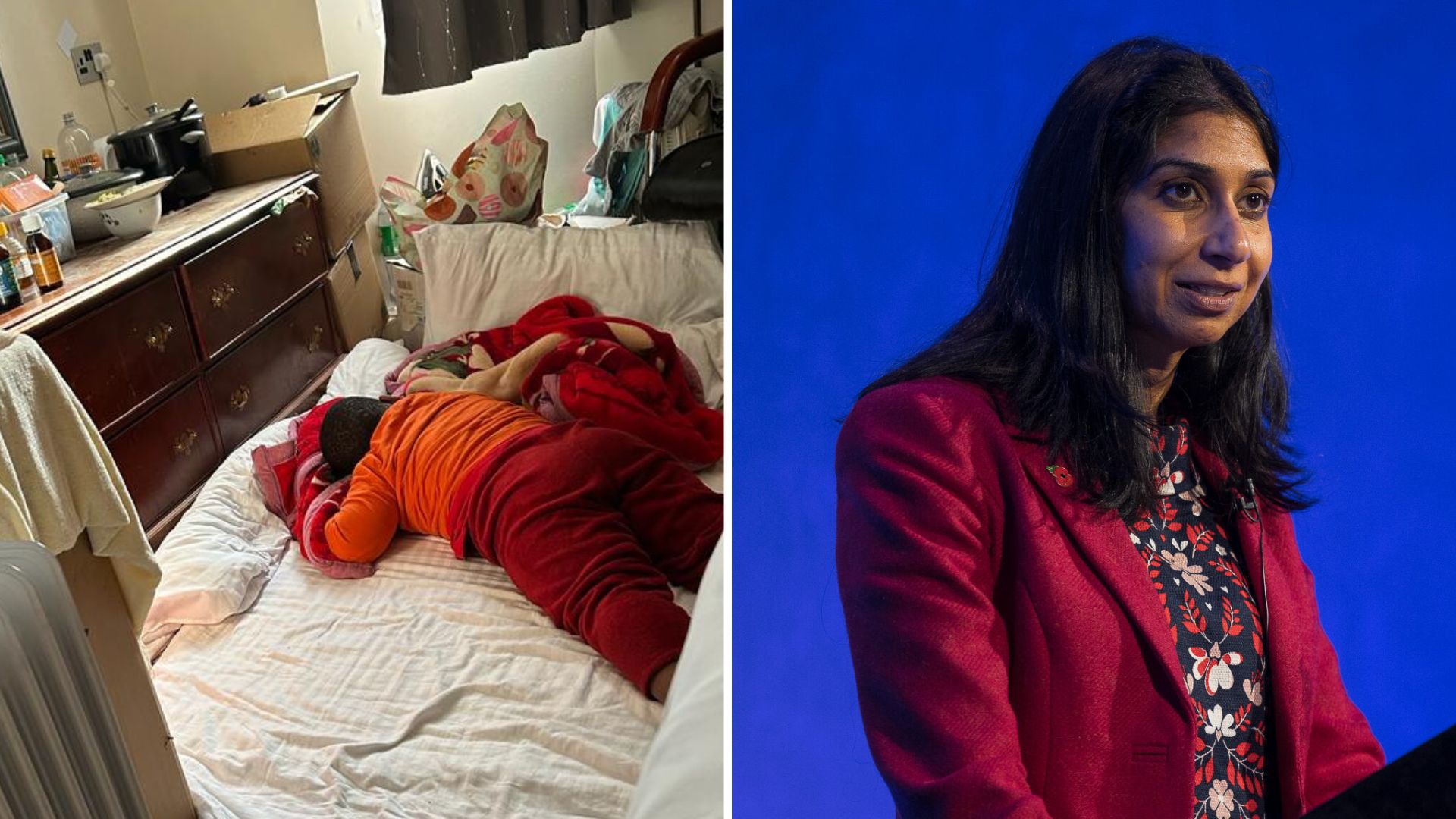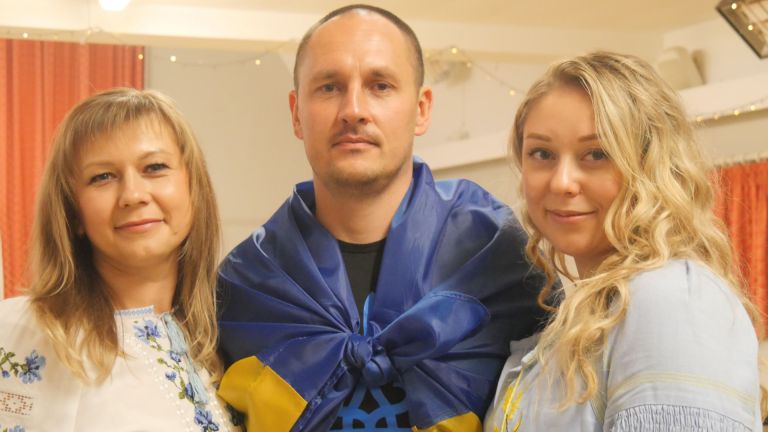Maria spoke to me from the end of her bed in a west London hotel. She shares the small room with her two children, aged 3 and 5. One plays on the floor next to her; the other sits and coughs continuously.
She tells me they have lived in different hotel rooms like this for the past year and half, while waiting for a decision on her asylum case. UK government guidelines says she should have been in this ‘temporary’ accommodation for a maximum of 19 days.
One and half years of trying to raise a family in a cramped single room, having to share beds or sleep on the floor, and eating poor-quality food while unable to cook their own. For the children, the effects are even more acute, growing up without space to play, living in severe damp and breathing in toxins from the black mould on the walls.
After a year of living there, her five-year-old son developed a chronic cough. In May, he received a preliminary diagnosis of asthma.
Maria’s story is far from unique. The poor conditions of Home Office-provided accommodation are widespread across the country and have been well documented – including in a new report released by Human Rights Watch and the charity Just Fair. The report finds that children across England are being denied a childhood because of their immigration status.
- Home Office plan to reduce asylum seeker hotel bill ‘pushing refugees to homelessness’
- Refugee women and children being made homeless due to ‘inhumane’ new Home Office policy
- It’s time to offer a safe route for asylum seekers arriving in boats
The reality of life for people living in this system is far from the image painted by the right-wing press and the home secretary. To suggest that this temporary housing amounts to living in luxury is a cruel joke: instead, people seeking asylum are trapped in a network of former hotels, hostels, barges, camps and military barracks that slowly strips them of their humanity and basic rights. This isn’t just immoral – it also breaches the UK’s international human rights obligations.










